Gerald Flynn, a British environmental and investigative journalist, has been barred from entering Cambodia, which press organizations have condemned as another attack on independent media by the country’s authoritarian leaders.
Flynn, a writer for Mongabay, was denied entry on January 5 upon returning from a holiday, according to the publication. He was reportedly forced onto a flight to Thailand.
Immigration documents revealed that Flynn had been placed on a blacklist on November 25, just days after appearing in a France24 documentary about carbon offsetting in Cambodia. The Cambodian government reacted angrily, accusing the documentary of spreading false information, although Flynn claimed he had no editorial control over it.
Human Rights Watch described the decision to ban Flynn as a “blatant attack on journalism,” highlighting it as another example of the Cambodian authorities’ “intolerance of critical and investigative reporting.”
The Foreign Correspondents’ Club of Thailand also condemned the action, calling it “another nail in the coffin” for press freedom in Cambodia, where both local and foreign journalists have faced significant intimidation, leading to several news outlets being forced out of business.
The FCCT referenced the killing of Chhoeung Chheng, a journalist from the Kampuchea Aphiwat news website, who was shot while reporting on the illegal transport of timber in Siem Reap. His death sparked outrage among media organizations. A government spokesperson had previously assured that the incident was being taken seriously and reiterated the commitment to protecting press freedom. A suspect was arrested.
The FCCT also highlighted the case of Mech Dara, a well-known investigative journalist in Cambodia who exposed “pig butchering” scam operations. Dara was arrested in September and only released after apologizing for his work.
Cambodia, which ranks low in international press freedom, was ruled by dictator Hun Sen for nearly 40 years before he transferred power to his son, Hun Manet, in 2023, shortly after elections widely criticized as fraudulent.
Flynn told The Guardian that during his five years in Cambodia, the media landscape had worsened each year. He noted an increase in arrests, lawsuits, harassment—both physical and online—and even journalist killings. “The government’s intolerance toward anything they consider critical has made it extremely risky for journalists to operate in Cambodia,” he said.
Nearly all independent media outlets have been shut down or silenced. Voice of Democracy was closed in February 2023, Cambodia Daily in 2017, and the Phnom Penh Post was sold to a PR company.
As a result, very few journalists in Cambodia have full-time jobs now, according to Flynn. "The ones that remain are small and poorly funded," he added.
Flynn, also president of the Overseas Press Club of Cambodia, was informed that his ban was due to an error in a document submitted for his visa extension application. However, his extension had been approved and was valid until February 2025, Mongabay reported.
Immigration officials have refused to give Flynn or the British embassy in Phnom Penh any information about his options for an appeal, the publication added.
Both the International Federation for Human Rights and the Committee to Protect Journalists condemned Flynn's blacklisting.
Shawn Crispin, CPJ’s senior southeast Asia representative, said, “If Cambodia truly wants to save its forests, the country needs more, not fewer, watchdog journalists like Flynn. In reality, Cambodia’s press predators are silencing environmental reporters as quickly as its forests are disappearing.”
The Cambodian government has not yet responded to requests for comment.
--
Source: The Guardian


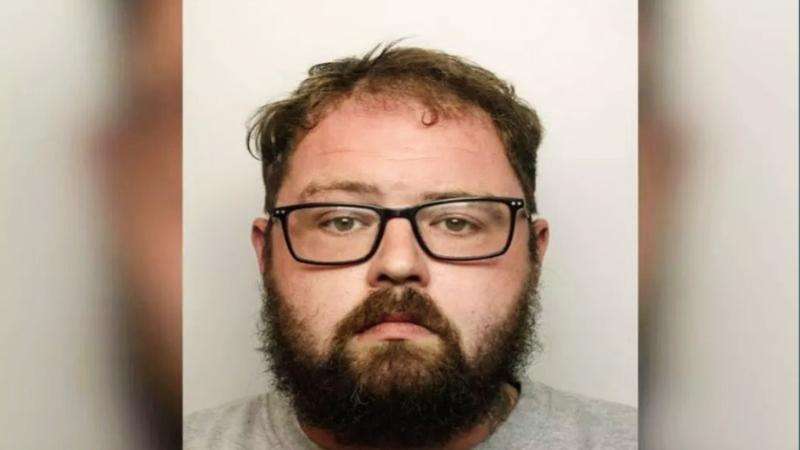
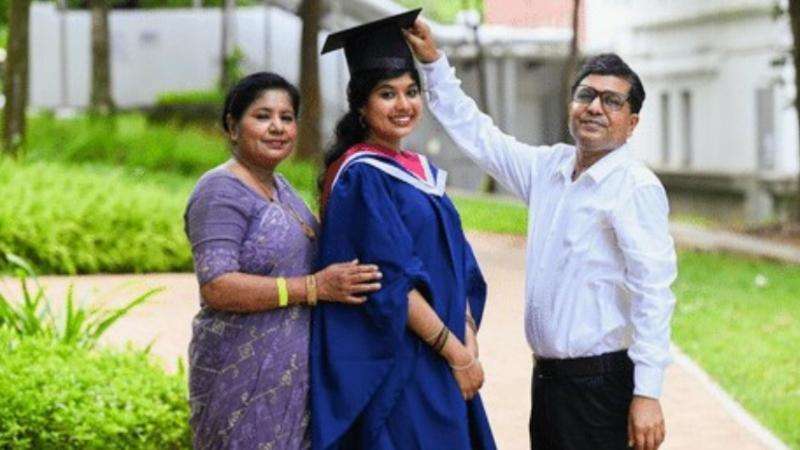
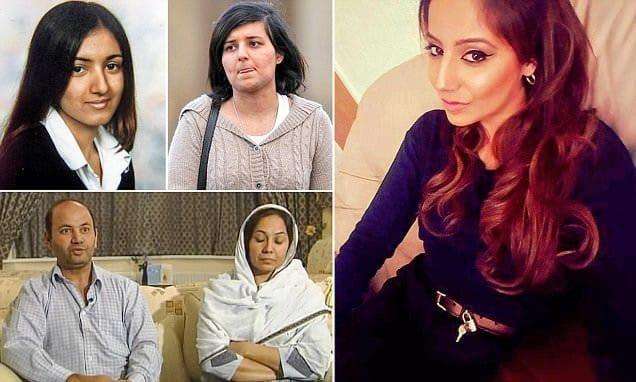


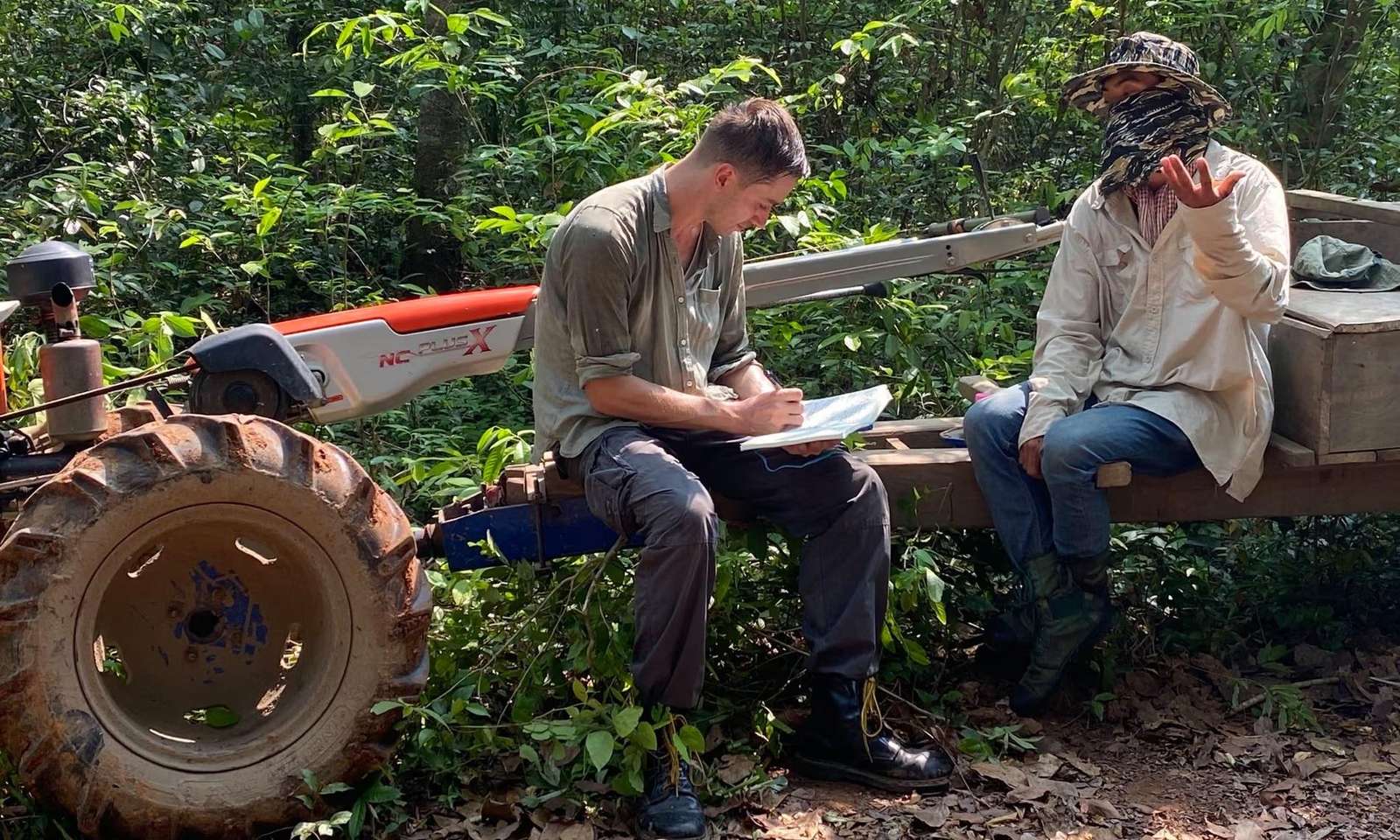
.svg)

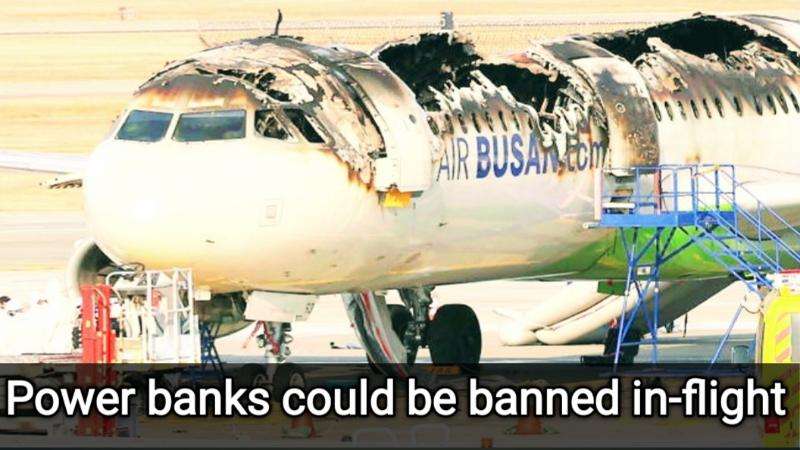

_2.jpg)